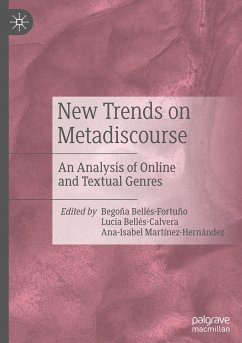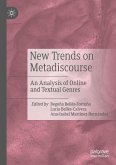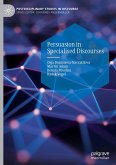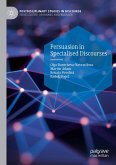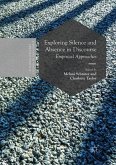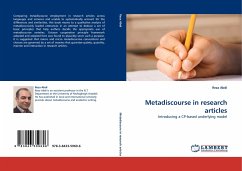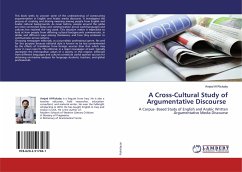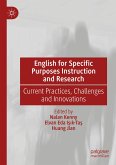This edited book gives an updated overview of methods of analysis of academic and non-academic genres in a digital era. The advent of digital and social media has deeply transformed academic and non-academic communication practices in the past two decades. The linguistic landscape is now a multilayered one; multicultural issues and cross-linguistic aspects are addressed in a way to understand how linguistically and culturally diverse identities try to find pathways. The communicative immediacy of digital media and the spectrum of genres/hybridized forms now available has inevitably influenced the way we communicate and the way we create meaning-making in a multimodal environment. The book contains nine chapters divided into two main sections corresponding to academic and non-academic texts where written, spoken and digital genres are examined from different perspectives. Cross-linguistic studies, multilingual approaches or disciplinary variations are analyzed in detail. This bookprovides and up-to-date and innovative view of Metadiscourse research and develops new research methodologies, drawing on visual research methods and combinations of qualitative and quantitative approaches from fields including Discourse Analysis, Corpus Linguistics, and Genre Analysis.
"The book promises to be a useful read for scholars and teachers interested in studying the adaptation of metadiscourse practices in different genres and social contexts. From the intended audience's perspective, the inclusion of some recommendations for ESP practitioners addressing teaching and using in practice the persuasive potential of metadiscourse, multimodal resources, identity construction and miscommunication risks might have been a welcome addition to the volume." (Olga Dontcheva-Navratilova, ESP Today, Vol. 13 (1), 2025)

